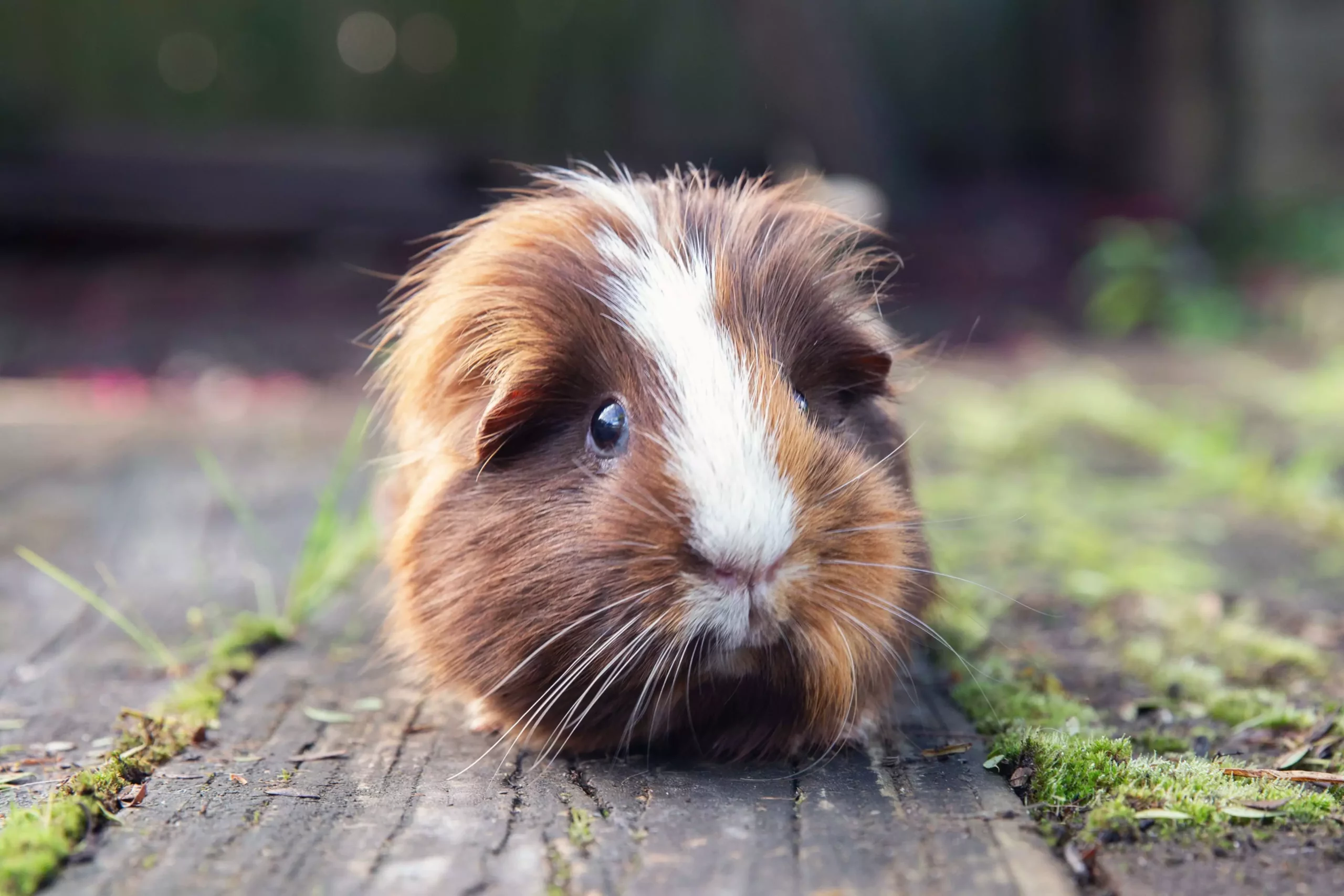Guinea pigs may be small and charming pets, yet they require more attention and commitment than many prospective owners realize. In understanding the unique needs of these social animals, we can appreciate the joy they bring and the responsibilities that come with their care. This article aims to provide a thorough overview of what it means to welcome a guinea pig into your life, from their social requirements and dietary needs to their living environment and health concerns.
Guinea pigs thrive on companionship and are happiest when they are part of a pair or group. It is crucial for owners to recognize their social nature—keeping two guinea pigs of the same sex helps prevent unwanted litters while fostering an enriching environment for both. Whether you choose males or females, it’s generally advisable to introduce them when they are babies to foster a lasting bond. However, introducing adults can work as well, provided it is done carefully. Just like any relationship, getting to know your guinea pigs’ personalities can guide you in nurturing their bonds successfully.
The world of guinea pigs is rich with diversity, offering various breeds such as the Texel, Peruvian, Abyssinian, and skinny pig, among others. When choosing a breed, potential owners should consider individual traits that may affect compatibility. Each breed exhibits distinct characteristics and may come with its own set of grooming needs and physical requirements. Understanding these details will help ensure a harmonious living environment and the well-being of your pets.
Unlike many other small animals, guinea pigs require ample floor space to roam and exhibit their natural behaviors. Unfortunately, many commercially marketed cages fall short of this critical need. Thus, building a homemade cage can be an effective solution that actually accommodates their active nature. Such structures should be spacious and safe, offering plenty of room for two guinea pigs to interact comfortably.
Maintaining a clean habitat is vital for your pet’s health. Regular cleaning helps eliminate waste and prevents the spread of disease. Owners should make it a point to clean the cage at least once a week, while daily waste removal is also necessary for maintaining hygiene. Fresh bedding, uncontaminated food sources, and clean water are indispensable for the overall well-being of guinea pigs.
One fascinating aspect of guinea pigs is their range of vocalizations—around eleven distinct sounds. From the exciting wheeking that often indicates anticipation for treats to the softer purrs that signal contentment, understanding their communication is crucial for caregivers. Each vocalization serves as a window into their emotions, allowing pet parents to gauge when their pets are happy or distressed. Conversely, hissing or teeth chattering suggests agitation, emphasizing the importance of familiarity with their body language and sounds to make informed care decisions.
Guinea pigs are unique in that they cannot produce their own vitamin C, making it imperative that their diet is rich in this vital nutrient. A high-quality diet includes an array of fresh veggies and high-fiber hay, supplemented by vitamin C tablets rather than liquid forms to ensure proper intake. Careful monitoring of their nutrition prevents common issues such as scurvy and other dietary deficiencies. Providing variety keeps mealtime exciting while supporting their physical health.
Though they may appear calm, guinea pigs are naturally curious creatures that require adequate time outside their enclosure to play and explore. Regular interactions not only strengthen the bond between you and your pet but also encourage necessary physical activity. Enrichment structures such as tunnels and hideouts combate boredom, allowing guinea pigs to engage with their surroundings. This mental stimulation is crucial for their happiness and overall behavior, with a variety of toys playing an integral role in preventing inactivity.
While guinea pigs are adept at grooming themselves, regular brushing helps maintain their coat and prevents matting, especially for longer-haired breeds. Bathing should only be done when necessary and in a warm environment to minimize stress. Furthermore, owners should stay vigilant about potential health issues, including dental problems and gastrointestinal diseases. Regular veterinary check-ups can assist in identifying health concerns early, contributing to a long and thriving life for your furry companions.
Guinea pigs embody joy and companionship, but prospective owners must prepare for a significant commitment. From their social needs and dietary requirements to their health considerations, understanding these whimsical creatures can foster a rewarding experience for both the pet and the owner. Ultimately, the joys of guinea pig ownership are manifold, and the commitment is undoubtedly worth it for those ready to embrace their delightful presence.

